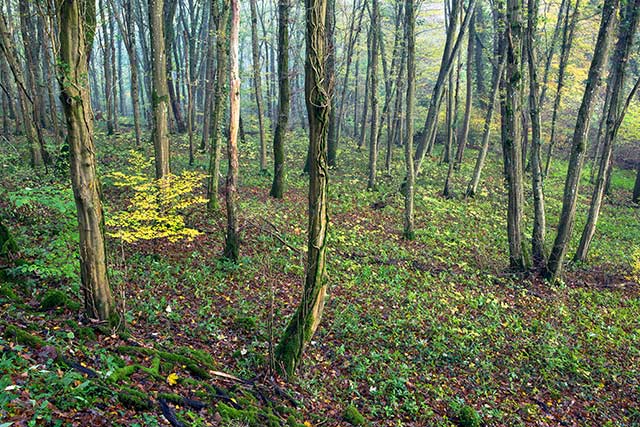 Source: www.fao.org
Source: www.fao.org
In 2012, the United Nations General Assembly proclaimed 21 March as International Forest Day.
The Secretariat of the United Nations Forum on Forests and the Food and Agriculture Organization of the United Nations (FAO) are responsible for organizing this celebration, in collaboration with various partners concerned with this issue.
The Day aims to raise awareness of the importance of all types of forests and trees for our ecosystem.
 © Marc Weis
© Marc Weis
Too precious to lose
When we drink a glass of water, write in a notebook, take medicine for a fever or build a house, we don’t always make the connection between these actions and forests. Yet all these aspects of our lives, and many others, are linked in some way to forests.
Forests and the sustainable management and use of their resources are key elements in the fight against climate change and contribute to the prosperity and well-being of present and future generations. Forests also play a crucial role in poverty reduction and in the implementation of the 17 UN Sustainable Development Goals (SDGs).
Yet despite these valuable ecological, economic, social and health benefits, global deforestation continues at an alarming rate.
Each year, on International Forest Day, countries are encouraged to undertake local, national or international initiatives involving forests, such as tree planting campaigns. The theme for each International Forest Day is chosen by the Collaborative Partnership on Forests (CPF).
Forests and sustainable production and consumption
Today, wood provides bacteria-free food and water in many kitchens, builds countless pieces of furniture and utensils, replaces materials as harmful as plastic, creates new fibres for our clothes and, thanks to technology, helps in medicine or the space race.
It is vital to consume and produce wood in a more environmentally friendly way for the planet and its inhabitants. Let’s protect this easily renewable resource through sustainable forest management.
 Photo by Maddie Franz from pexels.com
Photo by Maddie Franz from pexels.com
Did you know?
- Forests are home to about 80% of the world’s terrestrial biodiversity, with more than 60,000 tree species.
- More than one billion people depend directly on forests for food, shelter, energy, medicine and income.
- The world loses 10 million hectares of forest – about the size of Iceland – every year.
Further links:
FAO’s International Day of Forest website
Articles on other world days:
International Day of Women and Girls in Science (11.02.2022)



